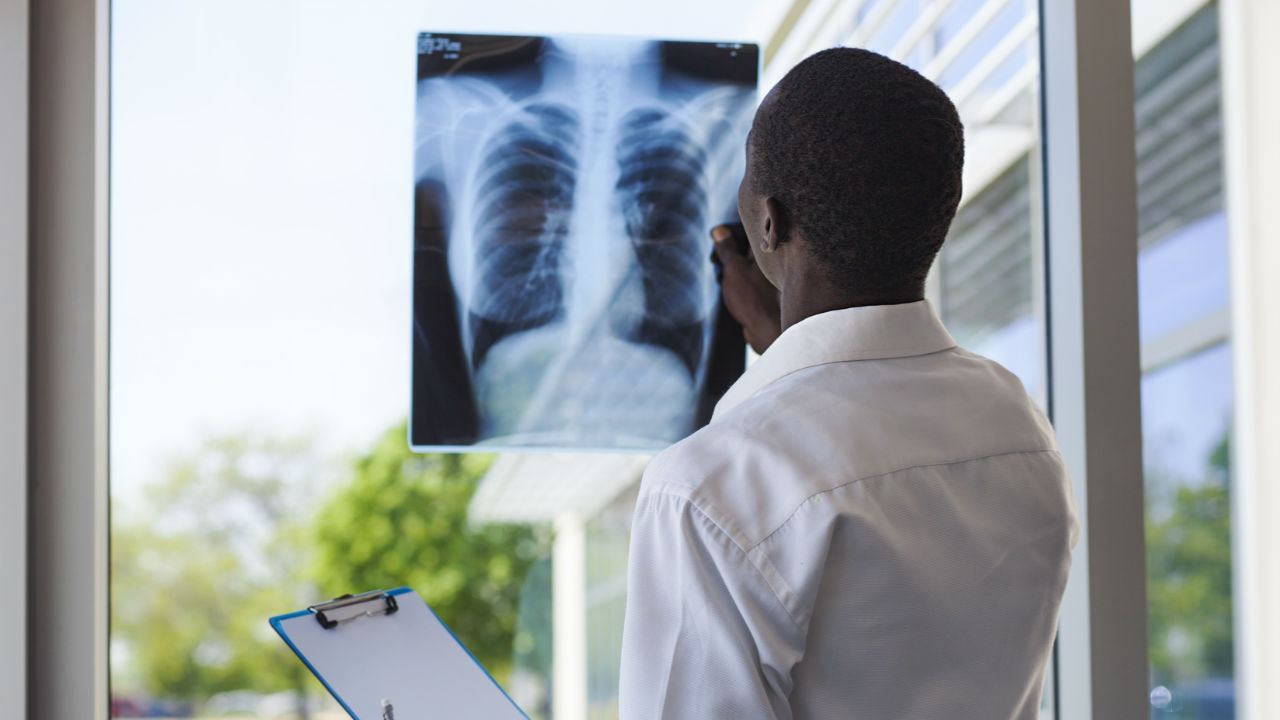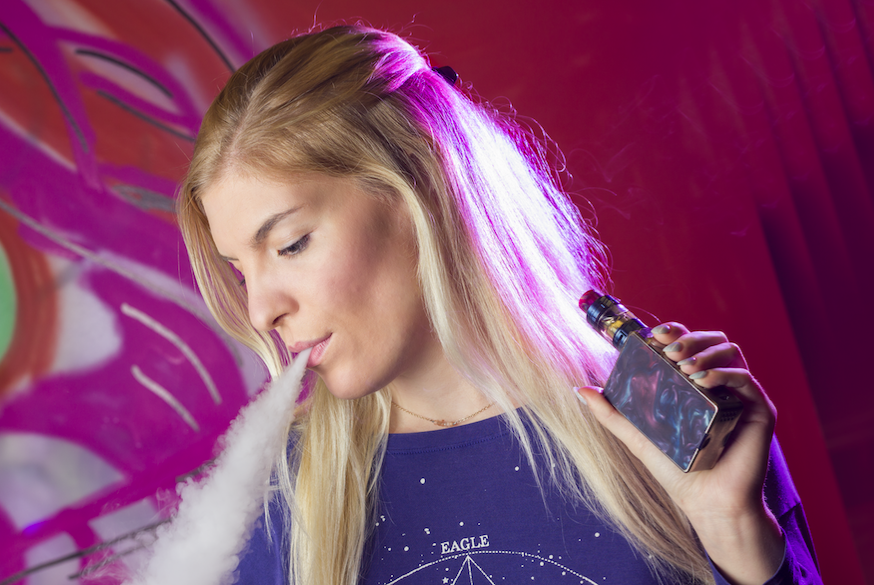RSV, or respiratory Syncytial (sin-SISH-uhl) virus, infections occur most commonly in young babies. It is estimated that virtually every baby under the age of 2 world-wide has experienced this virus. For many it's just shrugged off as a cold, as its symptoms resemble that and in babies with normal immune systems it's not as much of an issue. For those babies with compromised immune systems, however, it's a lot more serious.
This virus is the leading cause of lower respiratory tract infections in infants. Severe RSV symptoms usually occur between the ages of 2-8 months. It is estimated that 4-5 million children younger than the age of 4 will come down with an RSV infection and more than 125,000 children are hospitalized each year in the United States. Canada and the United States already have RSV vaccines in place though administration differs in each country with only those infants with pre-existing medical conditions being offered the vaccine in Canada. In the United States, RSV vaccines are available to premature babies (less than 35 weeks) and/or who have other respiratory issues, as well as those full-term babies with chronic lung or congenital heart disease.
Chances are if you're reading this article, your son or daughter has probably had this virus.
RSV has also been seen in older children and adults with usually less severe symptoms.
Who is at Risk?
According to the American Academy of Pediatrics the following groups are at higher risk of contracting RSV:
- Infants born at 28 weeks or earlier during the RSV season (generally fall to spring), whenever that occurs during the first 12 months;
- Infants born at 29-32 weeks and are less than 6 months old at that start of the RSV season;
- Infants born at 32-35 weeks who are less than 3 months old at the start of RSV season or who are born during RSV season and are in child care or have a sibling that is younger than 5 years old;
- Infants and children under the age of 2 who have cyanotic or complicated congenital heart disease,
or who have been treated for chronic lung disease within 6 months prior to the start of RSV season; and
- Infants born before 35 weeks who have either congenital abnormalities of the airway or neuromuscular disease that compromises handling of respiratory secretions.
High-risk adults include those with chronic heart disease, chronic lung disease, or otherwise compromised immune systems, and those over the age of 65 who reside in a long-term care facility or are active in other senior day-care programs.
Symptoms of RSV
In minor cases, most adult patients or older children may experience cold-like symptoms such as:
- Stuffy or runny nose;
- Sort throat;
- Mild headache;
- Dry cough;
- Low-grade fever; and
- Overall feeling of not feeling well.
Infants who experience a more serious version of the virus may demonstrate:
- High fever;
- Severe cough;
- Wheezing (usually heard on exhaling);
- Rapid breathing or difficulty breathing (child may prefer to sit up rather than lying down); and
- Bluish tinge to skin due to lack of oxygen.
In infants in particular watch to see if he or she draws in their chest muscles and the skin between the ribs. This is an indicator that they are having trouble breathing. That breathing may be short, shallow and rapid. They will also display lack of appetite, lethargy, and irritability. These could be signs of bronchiolitis, which is an acute lower respiratory tract infection, or pneumonia. Bronchiolitis is the most common presentation of RSV.
It is possible that a person will experience multiple occurrences of the virus during their lifetime, with more and more isolation in the upper respiratory tract over time.
Treatment and Prevention of RSV
Most cases of RSV do not require treatment and symptoms will dissipate within a couple of weeks. Because it is a viral infection, not bacterial, antibiotics will not work, although they may be described if there is an accompanying ear infection or bacterial pneumonia.
If you have a young child that is suffering from this virus, or you wonder what you should do if your child ever does come down with it here are a few tips courtesy of the Lung Association of Canada:
- Give plenty of clear fluids - diluted juice, water, and popsicles, Pedialyte or another electrolyte drink for children - prevent dehydration;
- Use a cool-mist vaporizer to humidify the air, sooth irritated breathing passages and relieve coughing;
- Use saline (salt water) nose drops to loosen mucus in the nose (available over-the-counter);
- For children who are too young to blow their nose, use a nasal aspirator to remove mucus from the nose and nasal passageways (following the instructions provided with the aspirator); and
- Treat fever using a non-aspirin fever medicine like acetaminophen (Tylenol or Tempra).
Some brands of ibuprofen use aspirin (ASA or acetylsalicylic acid) as a base so read your medicinal ingredients carefully.
More severe cases may require hospitalization, intravenous (IV) fluids and humidified oxygen or a breathing machine.
The virus is transmitted very easily through contact with contaminated surfaces or with infected people who sneeze or cough, and it most easily contracted in day care centers or preschools. There is no way to eliminate or even limit exposure to the virus but you can reduce your child's risk of getting RSV by:
- Frequently washing your child's hands with soap and water;
- t]Throwing away used tissues;
- Avoid contact with people who are sick;
- If your older child has a cold keep him/her away from infants until the symptoms are gone; and
- Don't let your child share things that could easily communicate the virus, such as cups, spoons or pillows.
Sources: www.nlm.nih.gov (U.S. National Library of Medicine and the National Institutes of Health); www.cdc.gov; kidshealth.org; www.mayoclinic.com; emedicine.medscape.com; www.phac-aspc.gc.ca (Public Health Agency of Canada); www.lung.ca (Canadian Lung Association)





Add a Comment2 Comments
Thanks for this article.
RSV is not something a parent wants to experience with their child much less an infant. Unfortunately, infants are so prone to the virus because of their poorly developed immune system. It is important to recognize when babies and toddlers are not feeling well in order to get the most accurate diagnosis and best treatment plan for them. Thanks again-- I think many parents will find this article helpful.
January 7, 2010 - 6:28amThis Comment
You're welcome, Rosa. I had heard of it, but never knew what it was and, luckily, I don't recall either of my sons having it, which is why I was so surprised to find out how common it is. Definitely very scary.
January 7, 2010 - 7:29amThis Comment